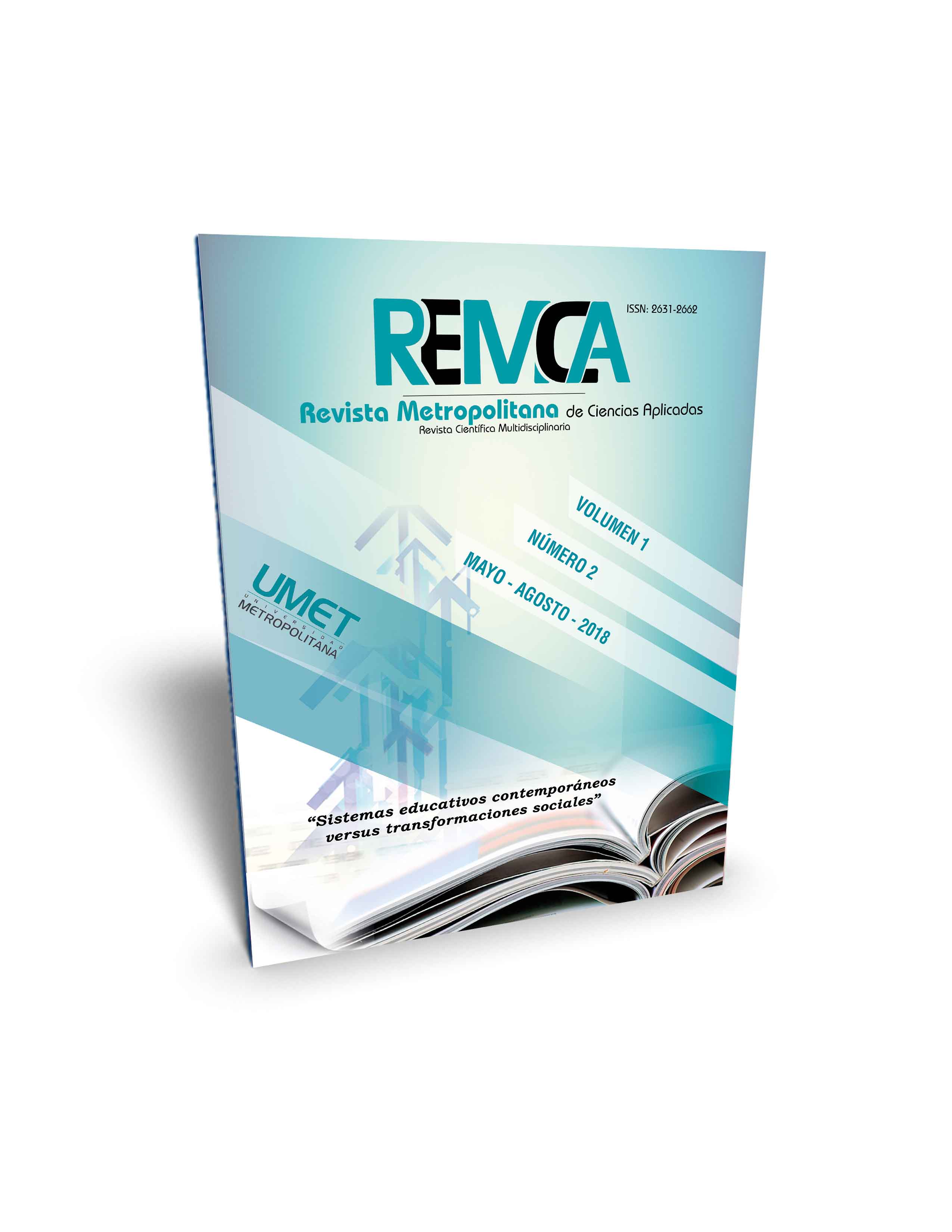Experiences in the creation of virtual classrooms in the University of Sancti Spíritus, Cuba
DOI:
https://doi.org/10.62452/qapbgs82Keywords:
Virtual classrooms, computer products, educational qualityAbstract
The quality standards in the computer products that are elaborated, directed to the permanent perfectioning of educational process, is a permanent task of the José Martí University of Sancti Spíritus. The study of pedagogical models that are used internationally in distance education; the advantages offered by the Moodle platform to improve the teaching-learning process in higher education centers; the debate and the methodological proposals of the groups of subjects for the elaboration and use of the Virtual Classrooms; and the analysis of the contents of those used allowed proposing three levels (basic, medium and high) for the analysis of the quality of Virtual Classrooms in the University. These levels are established based on the elements they contain: resources and / or activities. In addition, a set of parameters is proposed to measure the quality in its preparation and the degree of use by teachers and students.
Downloads
References
Area, M., & Adell, J. (2009). E-Learning: Enseñar y aprender en espacios virtuales. En J. De Pablos (Coord): Tecnología Educativa. La formación del profesorado en la era de Internet. Málaga: Aljibe.
Bartolomé, A. (2004). Blended Learning. Conceptos básicos. Pixel-Bit, Revista de Medios y Educación, 23, 7-20. Recuperado de http://www.sav.us.es/pixelbit/articulos/n23/n23art/art2301.htm
Bartolomé, A. (2008). Entornos de aprendizaje mixto en educación superior. Revista Iberoamericana de Educación a Distancia, 111), 15-51. Recuperado de http://www.utpl.edu.ec/ried/images/pdfs/volumen11/bartolome.pdf
Bates, T. (2000). Managing Technological Change. Strategies for College and University Leaders. San Francisco: Jossey-Bass.
Bates, T. (2001). Cómo gestionar el cambio tecnológico. Estrategias para los responsables de centros universitarios. Barcelona: Gedisa.
Cabero, J., & LLorente, C. (2008). Del eLearning al Blended Learning: nuevas acciones educativas. Recuperado de http://tecnologiaedu.us.es/cuestionario/bibliovir/jca19.pdf
García Aretio, L. (2007). De la educación a distancia a la educación virtual. Barcelona: Ariel.
Lima Montenegro, S., & Forcade Rábago, R. (2012). Estrategia para la superación profesional de los docentes en contenidos de Educación a Distancia Revista Congreso Universidad, 1(2). Recuperado de http://www.congresouniversidad.cu/revista/index.php/rcu/article/download/365/338/
Perdomo, V. M. (2008). Modelo para la formación de los docentes que trabajan en la modalidad de Educación a Distancia, fundamentado en un enfoque por competencias. Barquisimeto: Universidad Centroccidental “Lisandro Alvarado”.
Turoff, M. (1995). Designig a Virtual Classroom. ‖ International Conference on Computer assited Instruction ICCAI´95, National Chiao Tung University, Taiwan. Recuperado de http://www.shss.montclair.edu/useful/desing.html
Downloads
Published
Issue
Section
License
Copyright (c) 2018 Arlex Valdés González, José Luis Cruz Díaz, Benjamín V. Díaz Castellanos (Autor/a)

This work is licensed under a Creative Commons Attribution-NonCommercial-ShareAlike 4.0 International License.
Authors who publish in Revista Metropolitana de Ciencias Aplicadas (REMCA), agree to the following terms:
1. Copyright
Authors retain unrestricted copyright to their work. Authors grant the journal the right of first publication. To this end, they assign the journal non-exclusive exploitation rights (reproduction, distribution, public communication, and transformation). Authors may enter into additional agreements for the non-exclusive distribution of the version of the work published in the journal, provided that acknowledgment of its initial publication in this journal is given.
© The authors.
2. License
The articles are published in the journal under the Creative Commons Attribution-NonCommercial-ShareAlike 4.0 International License (CC BY-NC-SA 4.0). The terms can be found at: https://creativecommons.org/licenses/by-nc-sa/4.0/deed.en
This license allows:
- Sharing: Copying and redistributing the material in any medium or format.
- Adapting: Remixing, transforming, and building upon the material.
Under the following terms:
- Attribution: You must give appropriate credit, provide a link to the license, and indicate if any changes were made. You may do this in any reasonable manner, but not in any way that suggests the licensor endorses or sponsors your use.
- NonCommercial: You may not use the material for commercial purposes.
- ShareAlike: If you remix, transform, or build upon the material, you must distribute your creation under the same license as the original work.
There are no additional restrictions. You may not apply legal terms or technological measures that legally restrict others from doing anything the license permits.




